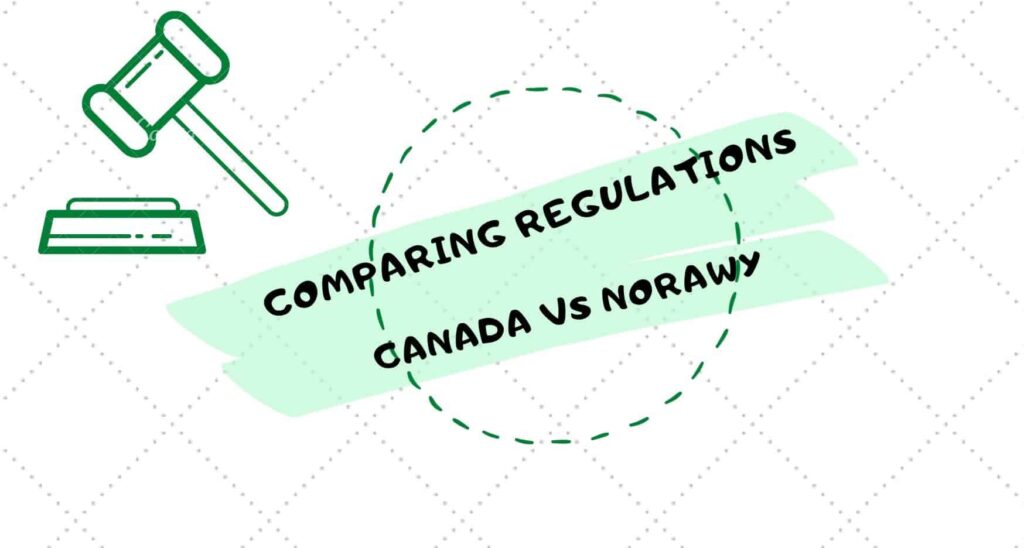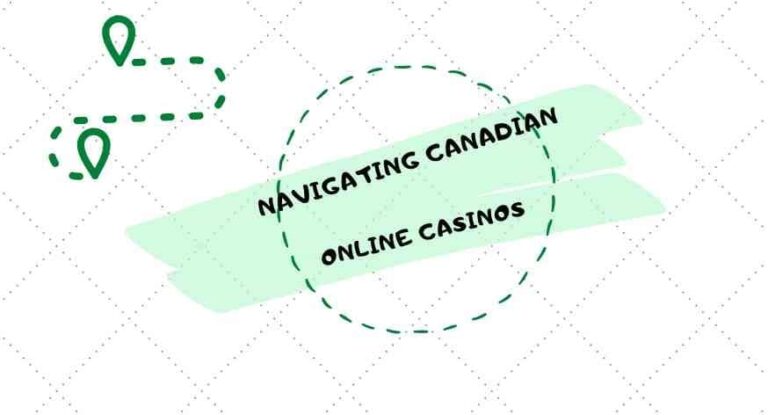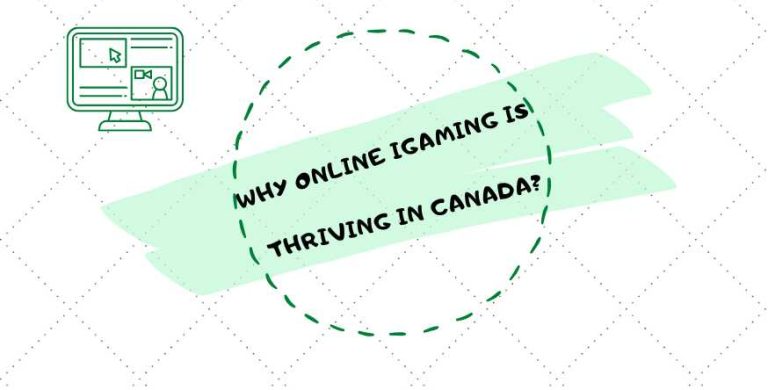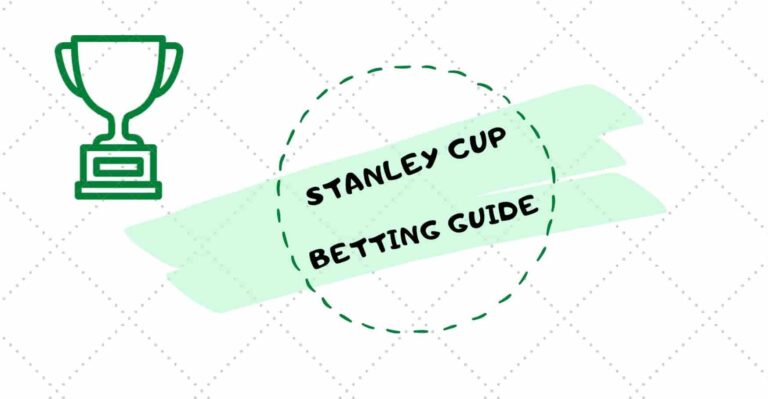The landscape of betting regulations presents a diverse picture across the globe, with each country adopting its own legal framework. This article delves into a comparative analysis of the betting regulations in Canada and Norway, two nations with distinct approaches to gambling legislation. By examining the legal frameworks, enforcement mechanisms, and statistical data, we aim to provide a comprehensive overview of how these countries manage the betting industry.

Legal Frameworks
Canada
The Canadian betting industry operates under a decentralized regulatory system. Each of the ten provinces and three territories in Canada has autonomy over gambling operations within their jurisdiction. The Criminal Code of Canada, however, sets the overarching legal framework, which prohibits any form of gambling or betting that is not licensed or managed by the government. In recent years, there has been a shift towards liberalization, with provinces like Ontario opening up the online gambling market to private operators in April 2021.
Norway
Contrasting with Canada’s decentralized approach, Norway has a more centralized and restrictive regulatory framework. According to spilleautomater-gratis.com the Norwegian gambling market is predominantly controlled by two state-owned companies: Norsk Tipping and Norsk Rikstoto. These entities are responsible for offering sports betting, lottery, and horse racing betting, respectively. Private operators are largely prohibited, and the Norwegian government actively blocks foreign gambling sites.

Regulatory Bodies and Enforcement
Canada
The regulatory bodies vary by province, for instance, the Alcohol and Gaming Commission of Ontario (AGCO) in Ontario and the British Columbia Lottery Corporation (BCLC) in British Columbia. These organizations are responsible for licensing, regulating, and overseeing gambling operations. Enforcement mechanisms include fines, revocation of licenses, and in some cases, criminal prosecution for illegal gambling activities.
Norway
The Norwegian Gaming Authority (Lotteri- og stiftelsestilsynet) oversees all gambling activities in the country. It enforces strict regulations to prevent private operators from entering the market and combats illegal gambling through IP-blocking of foreign gambling sites and transaction blocking between Norwegian banks and unlicensed operators.
Market Statistics and Trends
Canada
The Canadian gambling market has shown significant growth, particularly in the online sector. According to a report by Deloitte Canada, the Canadian online gambling market was estimated to be worth CAD 1.2 billion in 2020, with projections of reaching CAD 2.4 billion by 2026. The liberalization in provinces like Ontario is expected to further boost these numbers.
Norway
In contrast, Norway’s restrictive policies have led to a more stable market size. The total gross turnover for Norsk Tipping and Norsk Rikstoto was reported to be NOK 32 billion (approximately USD 3.8 billion) in 2019. However, the government’s tight control has led to a significant portion of Norwegian bettors turning to unregulated foreign operators. A study by the Norwegian Gaming Authority found that approximately 62% of online casino revenue and 34% of sports betting revenue in Norway goes to unlicensed operators.
Social Responsibility and Problem Gambling
Canada
Canadian provinces have various programs and initiatives to address problem gambling. For instance, Ontario has established the Responsible Gambling Council, which offers support and resources to combat gambling addiction. Additionally, the introduction of iGaming in Ontario includes mandatory adherence to responsible gambling standards by operators.
Norway
Norway’s strict regulations are partly justified by the government’s commitment to preventing gambling addiction. Norsk Tipping and Norsk Rikstoto are required to implement responsible gambling measures, including spending limits and self-exclusion programs. The prevalence of problem gambling in Norway is relatively low compared to other European countries, with a study indicating a problem gambling rate of 1.4%.
The comparison between Canada and Norway’s betting regulations reveals two fundamentally different approaches: Canada’s evolving, decentralized model versus Norway’s centralized and restrictive framework.
While Canada is moving towards a more open market, particularly in the online sector, Norway maintains strict control over its gambling industry. These differing strategies reflect each country’s unique socio-political context and their respective responses to the challenges of regulating the betting industry.
As the global gambling landscape continues to evolve, the experiences of Canada and Norway offer valuable insights into the complexities of managing and regulating this dynamic sector.



